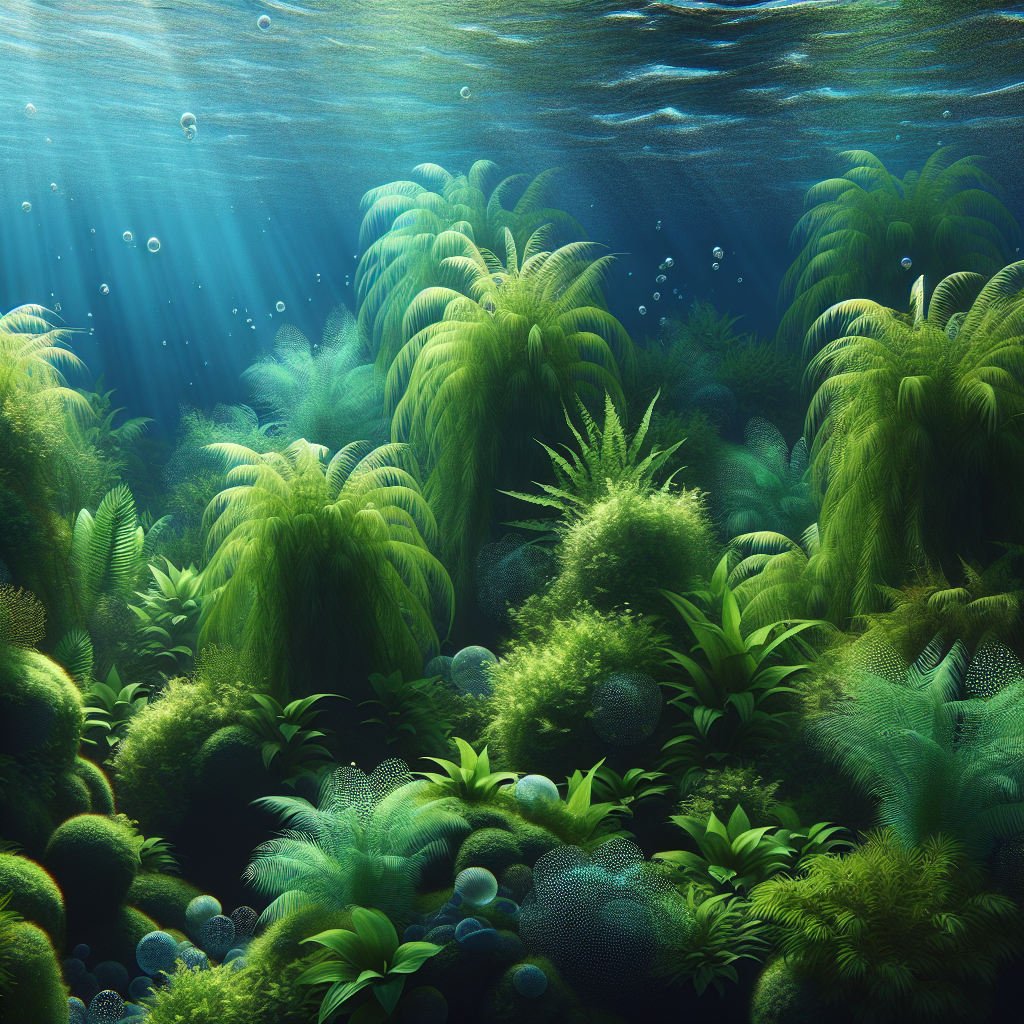The startup revolution in edible sea plants has taken a new turn as a groundbreaking ocean discovery shapes our understanding of underwater farming potential. As more sustainable food sources are needed to feed burgeoning populations, scientists and chefs alike have turned their gaze upon the hidden wealth of the seas.
It all started with a musical movement – a rhythmic collaboration between renowned saxophonist Sheila Kane and famed marine biologist Dr. Arnold Sewell. This unlikely duo stumbled onto something that would challenge both previous culinary norms and political environmental policies: deep-sea algae rich in nutrients rarely seen on land.
The artistic innovation was not just limited to merging music with science; it further extended into kitchen laboratories where top chefs successfully incorporated these new ingredients into innovative recipes. Their culinary artistry sends shockwaves through an industry stuck in traditional modes of thinking about food sourcing.
Driven by this algae-based breakthrough, changes ripple through multiple sectors – from agriculture to restaurant menus worldwide – reshaping expectations around sustainable eating habits and driving policy renegotiation regarding marine resource utilization.
This cultural impact goes beyond mere gastronomy; it’s spurring dialogues concerning ethical consumption, sustainability, biodiversity preservation, turning consumers into activists advocating for responsible governmental policies towards ocean ecosystems.
Several industry-leading artists have already begun expressing their perspectives over this issue. Known vegan rockstar Alicia Summers called upon her followers to ‘Eat Green – Go Blue!’ In contrast, pop idol Ryan Reed released his album titled ‘Seafood Blues,’ drawing attention to exploited marine lives through his soulful tunes.
Fan response has been phenomenal; they’ve started echoing demands for sustainable seafood and algae-based dishes. Social media platforms overflow with hashtags like #OceanPlate, supporting ocean conservation and species diversity.
This technical evolution in our dining scene also influences culinary schools worldwide as they include seaweed cooking courses into their curriculum. Moreover, technological advancements help in deep-sea farming, making the cultivation of rare underwater plants feasible and profitable.
As we head towards future directions, looking at the gastronomic journey so far inspired by oceanic resources; there’s an optimistic prediction that such discoveries will continue to shape not just our plates but also societal norms around food consumption. The table is set for a revolution on a global scale – how we eat can indeed save the world!
Undoubtedly, this transformative culinary discovery holds significant cultural significance–it’s deeper than taste preference or even nutrition. It’s about altering mindsets regarding humanity’s relationship with Mother Earth and redefining dining culture through international gastronomy’s lens.
In conclusion, the musical legacy of this movement resonates through all layers of society – from our concert stages to kitchen tables – reminding us: ‘Music feeds the soul; Food nourishes it.’ Our understanding of marine algae today creates ripples that echo through time, shaping an enlightened legacy for tomorrow’s generation.
